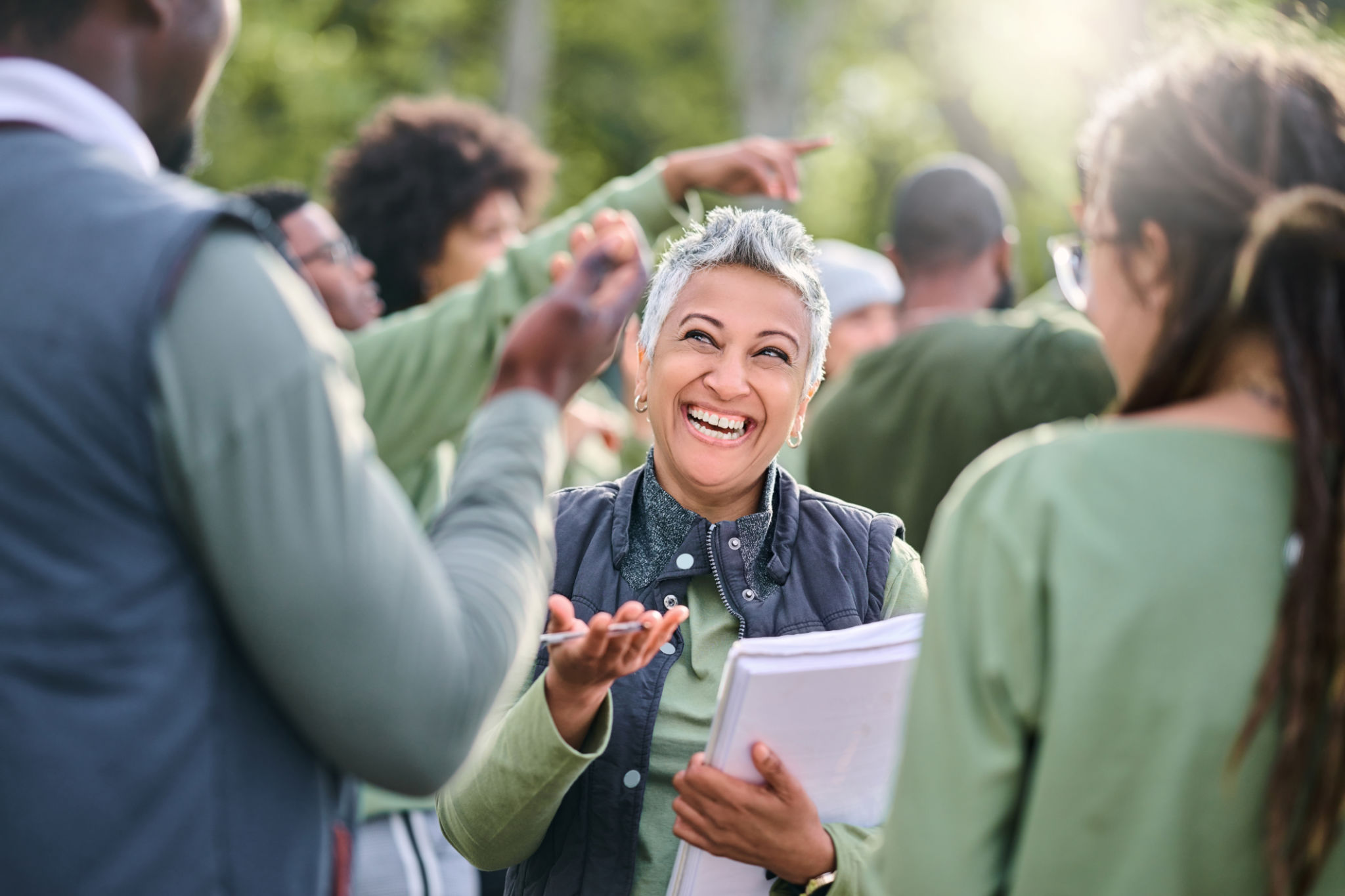The Role of Community Engagement in Building Confidence and Life Skills
Understanding Community Engagement
Community engagement is a vital component in fostering both individual and collective growth. It involves actively participating in community activities, making meaningful contributions, and building relationships with those around you. This process not only enriches communities but also plays a significant role in personal development by enhancing confidence and life skills.
When individuals engage within their communities, they are presented with opportunities to learn, grow, and connect with others. This engagement can come in many forms, such as volunteering, participating in local events, or joining community groups. Each of these activities helps individuals to step out of their comfort zones and develop new abilities.

Building Confidence Through Engagement
One of the key benefits of community engagement is the boost it provides to an individual's self-confidence. By interacting with diverse groups of people and taking on various roles within the community, individuals can gain a sense of accomplishment and belonging. This sense of belonging can significantly improve self-esteem and encourage further personal growth.
Furthermore, engaging with the community often involves facing new challenges and overcoming obstacles. These experiences teach resilience and adaptability, which are critical components of confidence-building. As individuals conquer these challenges, they develop a stronger belief in their capabilities.
Practical Ways to Engage
There are numerous ways to become involved in community activities that can help build confidence. Some practical methods include:
- Volunteering for local charities or non-profits
- Joining a community club or organization
- Participating in neighborhood events and initiatives
- Contributing to local projects or advocacy groups

Enhancing Life Skills
Community engagement also plays a crucial role in enhancing life skills. Interacting with others in a communal setting provides opportunities to develop communication, teamwork, and leadership skills. These skills are not only valuable in personal settings but are also highly sought after in professional environments.
Through engagement, individuals learn to collaborate effectively with others, respect diverse perspectives, and resolve conflicts amicably. These experiences contribute to a well-rounded skill set that is beneficial throughout life.
Life Skills Gained from Engagement
The life skills gained from active participation in community engagements are manifold. Some key skills include:
- Communication: Engaging with different people helps refine verbal and non-verbal communication skills.
- Leadership: Taking initiative in community projects can hone one's ability to lead and motivate others.
- Problem-solving: Working on community issues often requires creative problem-solving techniques.

The Broader Impact on Society
The benefits of community engagement extend beyond individual development. Communities that foster active participation tend to be stronger, more resilient, and better connected. When individuals come together for a common cause, they can achieve remarkable things, driving positive change that benefits everyone.
Moreover, engaged communities are often more inclusive and supportive, providing a network of care that enhances the well-being of all members. This collective effort contributes to a healthier, more vibrant society where everyone has the opportunity to thrive.
Conclusion
In conclusion, community engagement is essential in building confidence and enhancing life skills. By actively participating in community activities, individuals not only contribute to societal growth but also embark on a journey of personal development. The skills and confidence gained through these interactions have lasting impacts, paving the way for a more connected and dynamic future for both individuals and their communities.